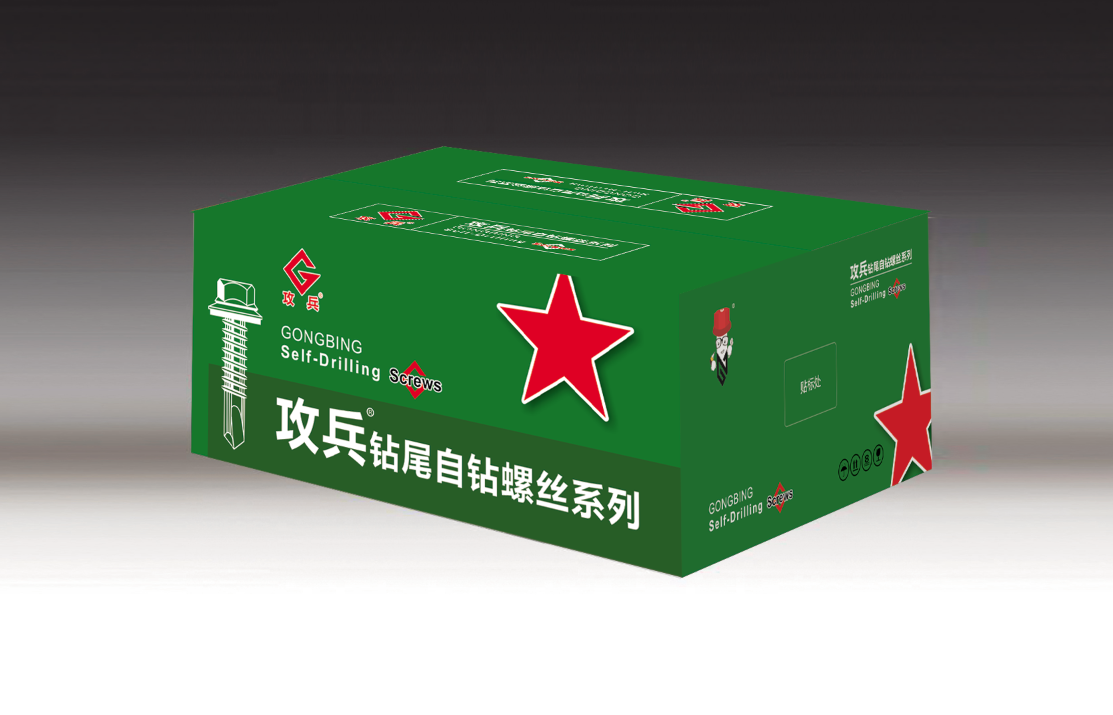fixing resin anchors
Fixing Resin Anchors An Overview
Resin anchors have become a popular choice for fixing applications in construction, particularly in scenarios where traditional mechanical anchors may not suffice. They are especially useful in concrete, brick, and masonry applications, offering high load capacity and resistance to environmental factors. This article aims to provide a comprehensive overview of resin anchors, including their types, benefits, and installation procedures.
What are Resin Anchors?
Resin anchors are essentially chemical anchors that use a two-component epoxy or polyester resin system to bond the anchor to the substrate. Unlike traditional anchors that rely on mechanical interference, resin anchors create a bond through chemical adhesion. This bond can be significantly stronger and more reliable under various conditions. The resin cures and hardens to secure the anchor in place, providing excellent load-bearing capabilities.
Types of Resin Anchors
There are two main types of resin anchors epoxy resin and polyester resin.
1. Epoxy Resin Anchors These anchors are known for their superior strength and durability. They are ideal for heavy load applications and harsh environments, including those subjected to moisture, chemicals, and extreme temperatures. Epoxy anchors cure slowly, allowing for better bonding with the substrate and ensuring a strong hold.
2. Polyester Resin Anchors While not as strong as epoxy, polyester resin anchors cure quickly and are suitable for lighter loads. They are often more cost-effective and can be an excellent choice for general fixing applications in dry environments.
Benefits of Using Resin Anchors
1. High Load Capacity Resin anchors can support heavy loads, making them suitable for a variety of applications such as structural steelwork, machinery, and heavy shelving.
2. Resistance to Corrosion The chemical composition of resin anchors provides excellent resistance to corrosion, making them ideal for outdoor and marine applications.
3. Versatility These anchors can be used in various materials such as concrete, brick, and block, making them versatile for different construction projects.
fixing resin anchors

4. Minimal Disturbance The use of resin anchors results in minimal distortion and stress on the substrate, reducing the risk of structural damage.
Installation Procedure
The installation process of resin anchors involves several steps
1. Drilling the Hole Begin by drilling a hole of the specified diameter and depth in the substrate. The hole must be clean and free of debris.
2. Cleaning the Hole Use a wire brush or compressed air to clean out any dust or debris from the hole. This step is crucial as contaminants can impede the bonding process.
3. Injecting the Resin Using a professional-grade cartridge system, inject the resin into the hole. Depending on the product, you may need to use a special mixing nozzle to ensure the two components are properly blended.
4. Inserting the Anchor Immediately insert the anchor into the resin-filled hole. Ensure it is vertical and in the correct position.
5. Curing Time Allow the resin to cure for the recommended time specified by the manufacturer before applying any loads. This time can vary depending on the type of resin used and environmental conditions.
6. Final Checks Once cured, conduct a final inspection to ensure that the installation is secure and stable.
Conclusion
Fixing resin anchors offer a robust solution for securing various fixtures and structures in construction. Their ability to provide high load capacities, resistance to environmental factors, and flexibility makes them invaluable for both professional contractors and DIY enthusiasts. By following the correct installation procedures and understanding the characteristics of different types of resins, you can ensure a safe and reliable fixing solution for your next project. Whether you are building, renovating, or repairing, resin anchors can be your go-to option for a durable and effective bonding solution.
-
Weatherproof Plastic Expansion Anchors for OutdoorNewsJun.06,2025
-
Sustainability in the Supply Chain: Eco-Friendly TEK Screws ProductionNewsJun.06,2025
-
Load-Bearing Capacity of External Insulation FixingsNewsJun.06,2025
-
Double Head Bolts: Enhancing Efficiency in Industrial MachineryNewsJun.06,2025
-
Corrosion Resistance in Chipboard Screws: Coatings for Wholesale DurabilityNewsJun.06,2025
-
Butterfly Toggle Bolts : Enhancing Structural ResilienceNewsJun.06,2025
